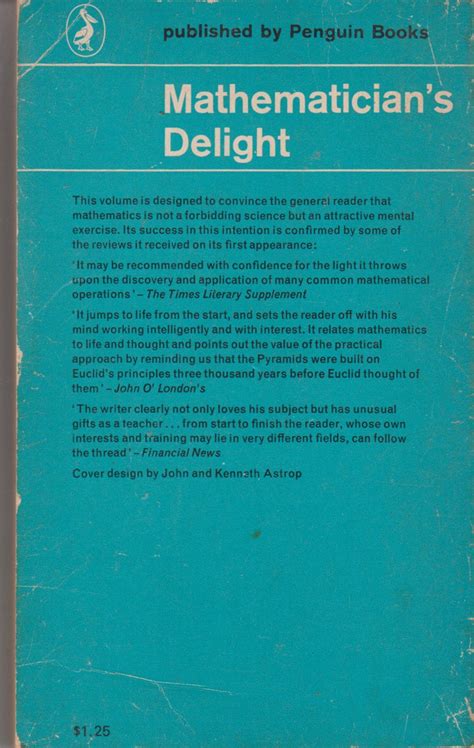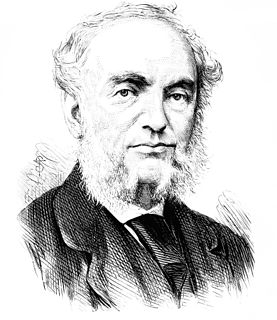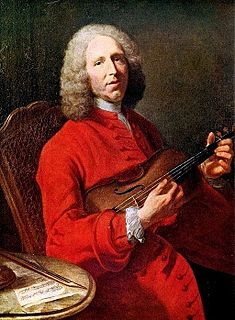A Quote by Roger Bacon
For the things of this world cannot be made known without a knowledge of mathematics.
Quote Topics
Related Quotes
Knowledge signifies things known. Where there are no things known, there is no knowledge. Where there are no things to be known, there can be no knowledge. We have observed that every science, that is, every branch of knowledge, is compounded of certain facts, of which our sensations furnish the evidence. Where no such evidence is supplied, we are without data; we are without first premises; and when, without these, we attempt to build up a science, we do as those who raise edifices without foundations. And what do such builders construct? Castles in the air.
I hold all knowledge that is concerned with things that actually exist - all that is commonly called Science - to be of very slight value compared to the knowledge which, like philosophy and mathematics, is concerned with ideal and eternal objects, and is freed from this miserable world which God has made.
Everyone recognizes a distinction between knowledge and wisdom. . . Wisdom is a kind of knowledge. It is knowledge of the nature, career, and consequences of human values. Since these cannot be separated from the human organism and the social scene, the moral ways of man cannot be understood without knowledge of the ways of things and institutions.
One cannot inquire into the foundations and nature of mathematics without delving into the question of the operations by which the mathematical activity of the mind is conducted. If one failed to take that into account, then one would be left studying only the language in which mathematics is represented rather than the essence of mathematics.
Mystery is an inescapable ingredient of mathematics. Mathematics is full of unanswered questions, which far outnumber known theorems and results. It's the nature of mathematics to pose more problems than it can solve. Indeed, mathematics itself may be built on small islands of truth comprising the pieces of mathematics that can be validated by relatively short proofs. All else is speculation.
I do not think the division of the subject into two parts - into applied mathematics and experimental physics a good one, for natural philosophy without experiment is merely mathematical exercise, while experiment without mathematics will neither sufficiently discipline the mind or sufficiently extend our knowledge in a subject like physics.
As regards authority I so proceed. Boetius says in the second prologue to his Arithmetic, 'If an inquirer lacks the four parts of mathematics, he has very little ability to discover truth.' And again, 'Without this theory no one can have a correct insight into truth.' And he says also, 'I warn the man who spurns these paths of knowledge that he cannot philosophize correctly.' And Again, 'It is clear that whosoever passes these by, has lost the knowledge of all learning.'
Roger Bacon, a disciple of the Arabs, also insisted on the primary necessity of Mathematics, without which no other science can be known; yet by Mathematics it is clear that he meant something very different from what we mean, including under that head even dancing, singing, gesticulation, and performance on musical instruments.






































